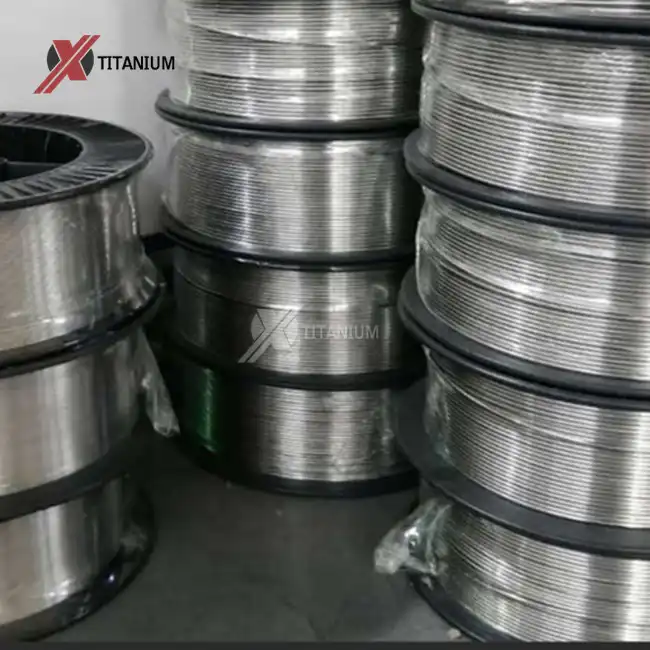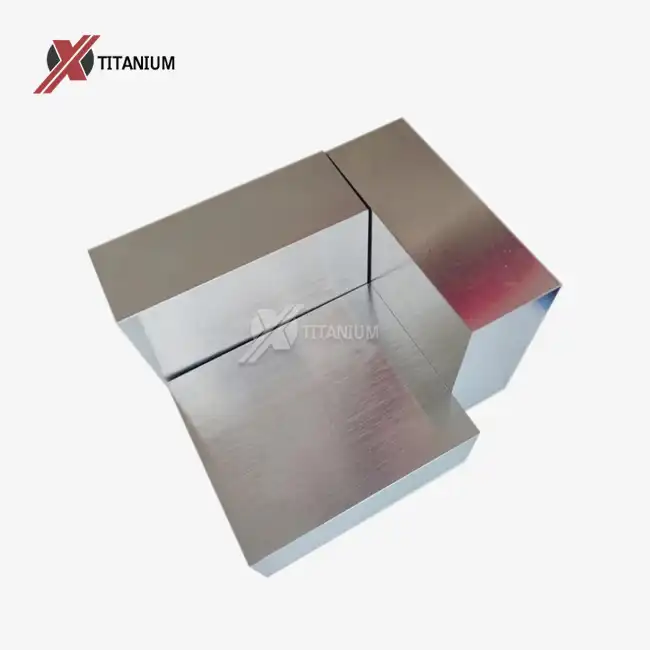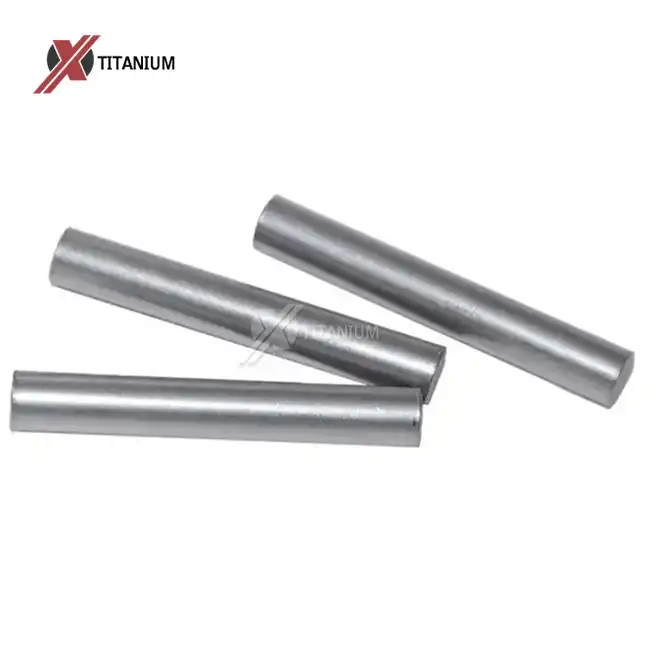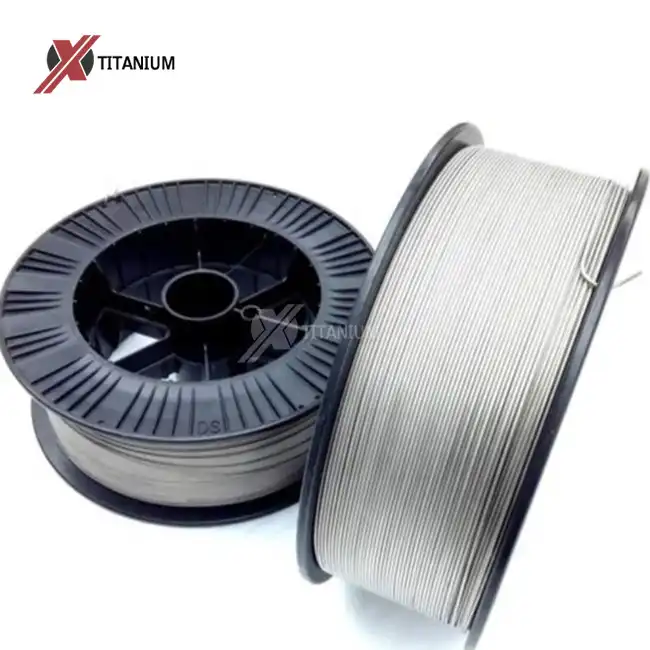- English
- French
- German
- Portuguese
- Spanish
- Russian
- Japanese
- Korean
- Arabic
- Greek
- German
- Turkish
- Italian
- Danish
- Romanian
- Indonesian
- Czech
- Afrikaans
- Swedish
- Polish
- Basque
- Catalan
- Esperanto
- Hindi
- Lao
- Albanian
- Amharic
- Armenian
- Azerbaijani
- Belarusian
- Bengali
- Bosnian
- Bulgarian
- Cebuano
- Chichewa
- Corsican
- Croatian
- Dutch
- Estonian
- Filipino
- Finnish
- Frisian
- Galician
- Georgian
- Gujarati
- Haitian
- Hausa
- Hawaiian
- Hebrew
- Hmong
- Hungarian
- Icelandic
- Igbo
- Javanese
- Kannada
- Kazakh
- Khmer
- Kurdish
- Kyrgyz
- Latin
- Latvian
- Lithuanian
- Luxembou..
- Macedonian
- Malagasy
- Malay
- Malayalam
- Maltese
- Maori
- Marathi
- Mongolian
- Burmese
- Nepali
- Norwegian
- Pashto
- Persian
- Punjabi
- Serbian
- Sesotho
- Sinhala
- Slovak
- Slovenian
- Somali
- Samoan
- Scots Gaelic
- Shona
- Sindhi
- Sundanese
- Swahili
- Tajik
- Tamil
- Telugu
- Thai
- Ukrainian
- Urdu
- Uzbek
- Vietnamese
- Welsh
- Xhosa
- Yiddish
- Yoruba
- Zulu
Titanium Shoulder Bolts: Light, Strong, Corrosion-Resistant
Titanium shoulder bolts are a marvel of modern engineering, combining the exceptional properties of titanium with the versatile design of shoulder bolts. These fasteners offer an unparalleled blend of lightweight construction, remarkable strength, and outstanding corrosion resistance. Ideal for applications in aerospace, marine environments, and high-performance industries, titanium shoulder bolts provide precise shaft alignment and load-bearing capabilities while withstanding harsh conditions. Their unique attributes make them an indispensable component in designs where weight reduction, durability, and resistance to chemical attack are paramount considerations.
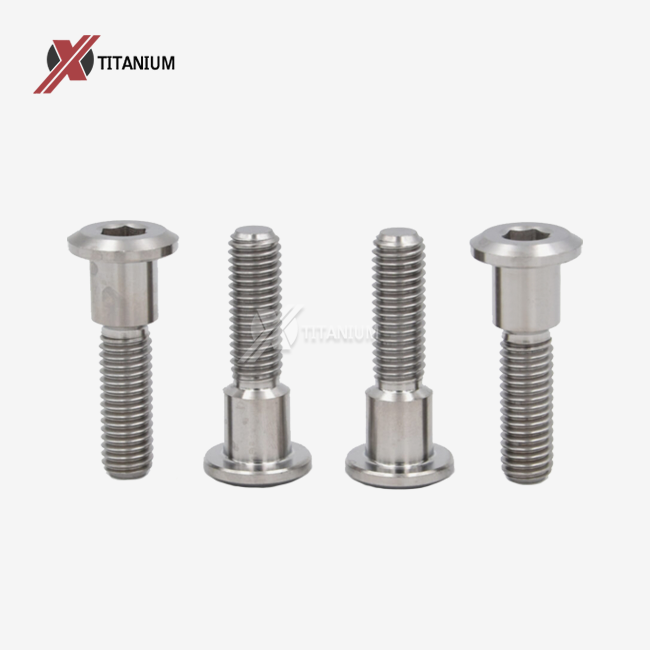
The Unique Properties of Titanium Shoulder Bolts
Lightweight Yet Robust Construction
Titanium shoulder bolts stand out in the world of fasteners due to their exceptional strength-to-weight ratio. Despite being approximately 45% lighter than steel, titanium alloys used in these bolts can match or even surpass the strength of many steel grades. This characteristic makes titanium shoulder bolts particularly valuable in weight-critical applications, such as aerospace components or high-performance automotive parts.
The reduced weight of titanium shoulder bolts contributes to overall system efficiency. In moving assemblies, lighter components translate to lower inertia, allowing for quicker acceleration and deceleration. This can lead to improved performance and energy savings in various mechanical systems. Moreover, the use of titanium shoulder bolts can contribute to fuel efficiency in transportation applications by reducing the total weight of the vehicle or aircraft.
Superior Corrosion Resistance
One of the most remarkable properties of titanium is its inherent resistance to corrosion. Titanium shoulder bolts form a stable, protective oxide layer on their surface when exposed to oxygen, making them highly resistant to various forms of corrosion. This natural protection allows titanium shoulder bolts to maintain their integrity in environments where other metals would rapidly degrade.
The corrosion resistance of titanium shoulder bolts extends to a wide range of media, including seawater, acids, and alkaline solutions. This makes them ideal for use in marine applications, chemical processing equipment, and offshore installations. Unlike stainless steel, which can suffer from pitting corrosion in chloride-rich environments, titanium shoulder bolts remain unaffected, ensuring long-term reliability and reduced maintenance costs.
Biocompatibility and Chemical Inertness
Titanium's biocompatibility is another significant advantage, particularly in medical and food processing applications. The human body readily accepts titanium, making titanium shoulder bolts suitable for use in medical devices and implants. This property, combined with their strength and corrosion resistance, ensures that these fasteners can be safely used in environments where contact with biological tissues is inevitable.
Furthermore, the chemical inertness of titanium means that titanium shoulder bolts do not react with or contaminate the materials they come into contact with. This is crucial in industries such as semiconductor manufacturing, where even minute impurities can have significant consequences. The use of titanium shoulder bolts in such applications helps maintain the purity of processes and products.
Design Considerations and Manufacturing Processes
Customization and Precision Engineering
Titanium shoulder bolts can be customized to meet specific application requirements. Manufacturers like Baoji Chuanglian New Metal Material Co., Ltd. offer a range of sizes, from M5 to M12, with custom sizes available upon request. The shoulder diameter can vary from 4mm to 50mm, allowing for precise fit in a wide array of applications. This flexibility in sizing ensures that designers can specify exactly the right dimensions for their particular needs.
The manufacturing process for titanium shoulder bolts typically involves CNC machining, which allows for tight tolerances and excellent repeatability. This precision is crucial in applications where alignment is critical, such as in aerospace or high-precision machinery. The ability to maintain tight tolerances also contributes to the overall performance and longevity of assemblies using these fasteners.
Surface Treatments and Finishes
While titanium naturally forms a protective oxide layer, additional surface treatments can enhance its properties or appearance. Common surface treatments for titanium shoulder bolts include:
- Polishing: Improves surface smoothness and aesthetics
- Anodizing: Can provide colors such as gold, blue, green, purple, or black
- Nitriding: Enhances surface hardness and wear resistance
These surface treatments not only improve the visual appeal of titanium shoulder bolts but can also enhance their functional properties. For instance, anodizing can increase the already impressive corrosion resistance of titanium, while nitriding can significantly improve the wear resistance of the bolt's surface.
Material Selection: Grade 2 vs. Grade 5 Titanium
The choice between Grade 2 (commercially pure titanium) and Grade 5 (Ti-6Al-4V) titanium for shoulder bolts depends on the specific application requirements. Grade 2 titanium offers excellent corrosion resistance and is suitable for many general applications. It's often chosen for its formability and weldability.
Grade 5 titanium, also known as Ti-6Al-4V, is an alloy containing 6% aluminum and 4% vanadium. This alloy offers significantly higher strength than Grade 2, making it the preferred choice for high-stress applications. Grade 5 titanium shoulder bolts are widely used in aerospace and high-performance mechanical systems where maximum strength and minimum weight are critical.
Applications and Industry Uses
Aerospace and Aviation
The aerospace industry is perhaps the most prominent user of titanium shoulder bolts. In aircraft construction, every gram matters, and the lightweight yet strong nature of titanium makes it an ideal material. Titanium shoulder bolts are used in various parts of aircraft, including:
- Engine mounts and components
- Landing gear assemblies
- Structural joints in airframes
- Control surface linkages
In these applications, titanium shoulder bolts not only provide the necessary strength and precision but also contribute to overall weight reduction, leading to improved fuel efficiency and performance.
Marine and Offshore Industries
The exceptional corrosion resistance of titanium makes titanium shoulder bolts invaluable in marine environments. They are used extensively in:
- Shipbuilding, particularly for components exposed to seawater
- Offshore oil and gas platforms
- Underwater robotics and exploration equipment
- Desalination plants
In these harsh environments, titanium shoulder bolts outlast traditional fasteners, reducing maintenance requirements and improving the longevity of equipment exposed to corrosive seawater.
Medical and Biomedical Applications
The biocompatibility of titanium makes titanium shoulder bolts an excellent choice for medical devices and implants. They are used in:
- Orthopedic implants
- Dental implants and prosthetics
- Surgical instruments
- Medical imaging equipment
In these applications, the combination of strength, lightweight, and biocompatibility ensures that titanium shoulder bolts can provide reliable performance without adverse reactions in the human body.
High-Performance Automotive and Racing
In the automotive industry, particularly in racing and high-performance vehicles, titanium shoulder bolts find applications in:
- Engine components
- Suspension systems
- Brake systems
- Drivetrain assemblies
Conclusion
Titanium shoulder bolts represent a pinnacle of fastener technology, offering an unmatched combination of light weight, high strength, and exceptional corrosion resistance. Their versatility makes them suitable for a wide range of applications, from aerospace and marine environments to medical devices and high-performance machinery. As industries continue to push the boundaries of performance and efficiency, the demand for these advanced fasteners is likely to grow.
For those seeking high-quality titanium shoulder bolts and other titanium products, Baoji Chuanglian New Metal Material Co., Ltd. stands ready to meet your needs. With over a decade of experience in titanium product machining and research, they offer a comprehensive range of titanium fasteners and components. To learn more about their offerings or to discuss your specific requirements, don't hesitate to reach out to them at info@cltifastener.com or djy6580@aliyun.com.
References
1. Peters, M., Kumpfert, J., Ward, C. H., & Leyens, C. (2003). Titanium alloys for aerospace applications. Advanced Engineering Materials, 5(6), 419-427.
2. Rack, H. J., & Qazi, J. I. (2006). Titanium alloys for biomedical applications. Materials Science and Engineering: C, 26(8), 1269-1277.
3. Donachie, M. J. (2000). Titanium: A technical guide. ASM International.
4. Boyer, R. R. (1996). An overview on the use of titanium in the aerospace industry. Materials Science and Engineering: A, 213(1-2), 103-114.
5. Schutz, R. W., & Watkins, H. B. (1998). Recent developments in titanium alloy application in the energy industry. Materials Science and Engineering: A, 243(1-2), 305-315.
Learn about our latest products and discounts through SMS or email
